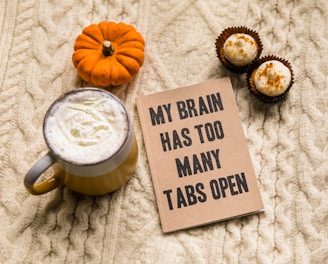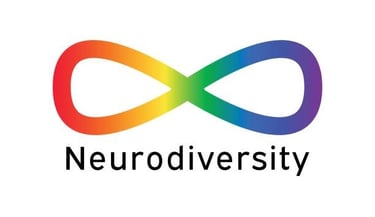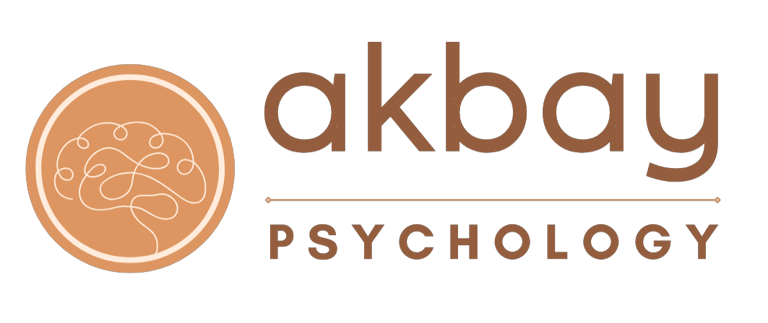About Arthur
"Maybe the journey isn't so much about becoming anything. Maybe it's about un-becoming everything that isn't really you."
- Paulo Coelho, novelist


My own journey
Moving to Australia was a difficult adjustment for myself and my family, after living in both the Philippines and USA. It became important to me to advocate for mental health wellbeing, reduce the social stigma of help-seeking (particularly amongst migrant communities), and empower individuals during their most challenging times. So I began my psychology training over a decade ago, but took a break and worked across various industries in professional roles focused on customer, client, and student services. While these roles weren't directly in psychology, they deepened my understanding of human interactions. It was during COVID-19 that I realised I needed to return to my passions in helping others navigate difficulties, leading me to complete my postgraduate training in psychology.
Since 2022, I’ve practiced as a registered psychologist in public and community health settings, as well as in private clinics, enhancing my competencies and skills. In addition to formal training, I have a diverse professional and lived experiences that shape my approach to understanding the complexities of human cognition, behaviour, and relationships. My role is to support and guide you toward your therapeutic goals—helping you cultivate self-awareness, resilience, and live a more fulfilling life. And if you have a preferred language, I'm also fluent in Tagalog and conversational Spanish.
Qualifications & Professional Memberships
Master of Clinical Psychology (MClinPsych), Federation University
Bachelor of Arts (Psychology)(Honours), Deakin University
AHPRA-registered psychologist with clinical endorsement: PSY0002474453
Member of the Australian Clinical Psychology Association (ACPA)
ADHD Certified Clinical Service Provider (ADHD-CCSP) since 2024











Interests & Therapeutic Areas
Anxiety (panic, phobias, social anxiety)
Trauma and stress (acute, complex, PTSD)
Men's health (parenting, mental, work, body image)
Depression and mood-related issues
Grief and life adjustments/transitions
Attention-deficit/hyperactivity disorder (ADHD) support post-diagnosis
Obsessive-compulsive disorder (OCD)
Relationships and interpersonal issues
Self-esteem, self-confidence, perfectionism
Sexuality, sex, and psychosexual issues
Racial and cultural identity concerns
LGBTQIA-related concerns
Evidence-Based Approaches
Cognitive behavioural therapy (CBT)
Acceptance and commitment therapy (ACT)
Dialectical behaviour therapy (DBT)
EMDR Level 1
Schema therapy
Emotions-focused therapy (EFT)
Mindfulness-based stress reduction (MBSR)
Interpersonal psychodynamic therapy (IPT)
Attachment-based and trauma-informed
Strengths-based approach/psychosocial model
Information processing model/cognitive theory
It's important that your psychologist utilises evidence-based treatments. Find out more here:
Australian Psychological Society (APS). 2024. Evidence-based psychological interventions in the treatment of mental health disorders: A literature review (5th Ed). Australian Psychological Society.
Publications & Presentations
De Jesus, A. Y. & Edwards, S. L. (2023, June 1-4). Brief online cognitive bias modification training for social anxiety in young adults: Efficacy and acceptability during the transition out of social restrictions [Conference session]. The 10th World Congress of Cognitive and Behavioral Therapies (WCCBT): Global CBT Dissemination, Accessibility & Technology, Seoul, South Korea. https://WCCBT2023_abstractbook.pdf
De Jesus, A. Y., Ricciardelli, L. A., Frisén, A., Smolak, L., Yager, Z., Fuller-Tyszkiewicz, M., Diedrichs, P. C., Franko, D., & Holmqvist Gattario, K. (2015, August 21-22). Media internalization and conformity to traditional masculine norms in relation to body image concerns among men [Conference session]. The 15th Australia and New Zealand Academy for Eating Disorders (ANZAED) Conference: Riding the Waves to Recovery, Surfers Paradise, Queensland, Australia. https://www.anzaed.org.au/pastanzaedconference/
De Jesus, A. Y., Ricciardelli, L. A., Frisén, A., Smolak, L., Yager, Z., Fuller-Tyszkiewicz, M., Diedrichs, P. C., Franko, D., & Holmqvist Gattario, K. (2015). Media internalization and conformity to traditional masculine norms in relation to body image concerns among men. Eating Behaviors, 18, 137-142. https://doi.org/10.1016/j.eatbeh.2015.04.004
Acknowledgements
Akbay Psychology acknowledges the Traditional Owners of the land where we work and live, the Wurundjeri Woi-wurrung and Bunurong/Boon Wurrung peoples of the Kulin Nation, and pay our respects to Elders past, present, and emerging.
Akbay Psychology is committed to providing a safe and inclusive space; and celebrates, values, and includes people of all backgrounds, genders, sexualities, cultures, faiths, bodies, and abilities.
(03) 7003 2144
View our privacy policy.
View our website’s terms and conditions.
Follow Us



Contact Us
Akbay Psychology is not a crisis service. If you need urgent support or for emergencies, please call 000. These services also offer immediate and after-hours telephone counselling or crisis support:
Lifeline (24/7): Ph. 13 11 14 https://www.lifeline.org.au/
Beyond Blue (24/7): Ph. 1300 22 46 36 https://www.beyondblue.org.au/
© 2025. All rights reserved.
Fax: (03) 9970 6443




